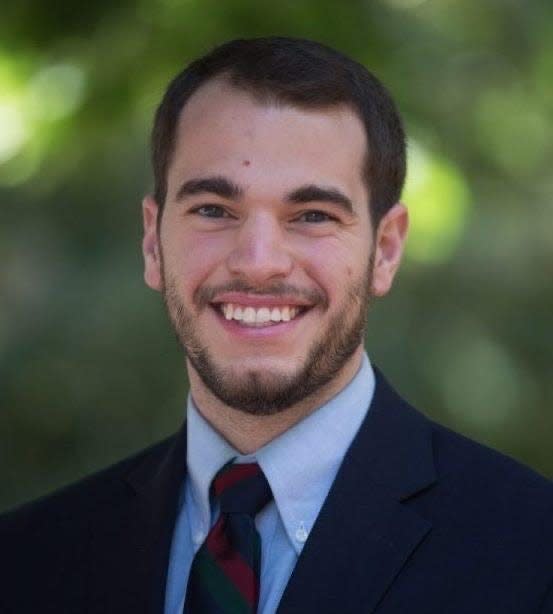Prisoners rejoining society with an education will build a stronger Oklahoma workforce.
Oklahoma has been facing severe labor shortages since the pandemic lockdowns. For every worker available in the state, there are nearly two job openings. They are hardly alone, as labor shortages have swept most of the country since the COVID-19 pandemic.
But Oklahoma has found a solution in a surprising place: The state’s prisons.
Occupational licensing laws are widespread in Oklahoma. According to the State Occupational Licensing Index, Oklahoma is the fourth most onerously licensed state. Licensing laws set minimum education and training requirements, in an effort to protect consumers. But these requirements also make it more difficult for aspiring professionals to begin working. Any reform that can make it easier for aspiring professionals to meet the education requirements can have a significant impact in Oklahomans’ lives.
House Bill 3158, recently signed into law, requires Oklahoma’s Board of Cosmetology and Barbering to approve any nonprofit school to teach cosmetology courses within a state correctional facility. Allowing barber schools into prisons may seem like an odd choice, but it makes perfect sense given the reasons for Oklahoma’s labor shortage.
More: Hiring individuals returning from incarceration can address the ongoing labor shortage
Oklahoma has no shortage of working-age adults. The problem is education, and its focus on preparing students for college over the trades. Unfortunately, schools in the state have seriously underperformed in that effort. Offering new paths to licensure is a clear solution.
One new path is offering training in prisons as part of the rehabilitation process. Becoming a barber or cosmetologist in Oklahoma requires 1,500 hours at an accredited cosmetology school. Students from the program will be able to join the workforce much earlier than if they had been forced to build their hours from zero after the end of their sentence. Starting their education while still incarcerated will also speed up their entry into the labor force by preparing them for their certification exam upon release.
What about consumer safety? The licensing law still prevents someone with a relevant conviction from obtaining a license, leaving current protections in place for consumers. What this new law does is make it easier for those convicted of unrelated crimes to get a license and start working with minimal delay.
This new bill will help make Oklahoma a safer place. Having a regular, meaningful job is the best way to prevent recidivism. Gainful employment reduces the advantages that criminal activity offers, as those with work already have a source of income. Regardless of HB 3158, prisoners will rejoin society, and it is prudent to take such common-sense measures to ensure against their recidivism.
While this reform will help Oklahoma’s labor shortages, there is more that can be done. Similar legislation that allows for a wider array of trades or professions in prison education would yield even greater employment and crime prevention. Cosmetology is a good start, but employers and consumers would benefit from a boost in labor across many industries, and there is little reason to stand in the way of the education of ex-convicts who can fill these positions.
Future legislation should also open prison education to for-profit trade schools. This would increase the number of schools able to teach at prisons and would provide a strong incentive for schools to do so. Only so many nonprofit schools exist, and only so many are willing to operate within correctional facilities. Extending the offer to more schools would further serve to increase the education available to prisoners.
A lot of ink has been spilled about the nationwide labor shortages that we continue to face, in addition to rising crime. Oklahoma’s HB 3158 is a simple, effective solution to both. Oklahoma will build a stronger workforce and safer communities, serving as an example for other state policymakers.


Noah Berry is a student intern and Conor Norris is the assistant director at the Knee Regulatory Research Center at West Virginia University.
This article originally appeared on Oklahoman: Training prisoners for meaningful jobs will help state's labor shortage
